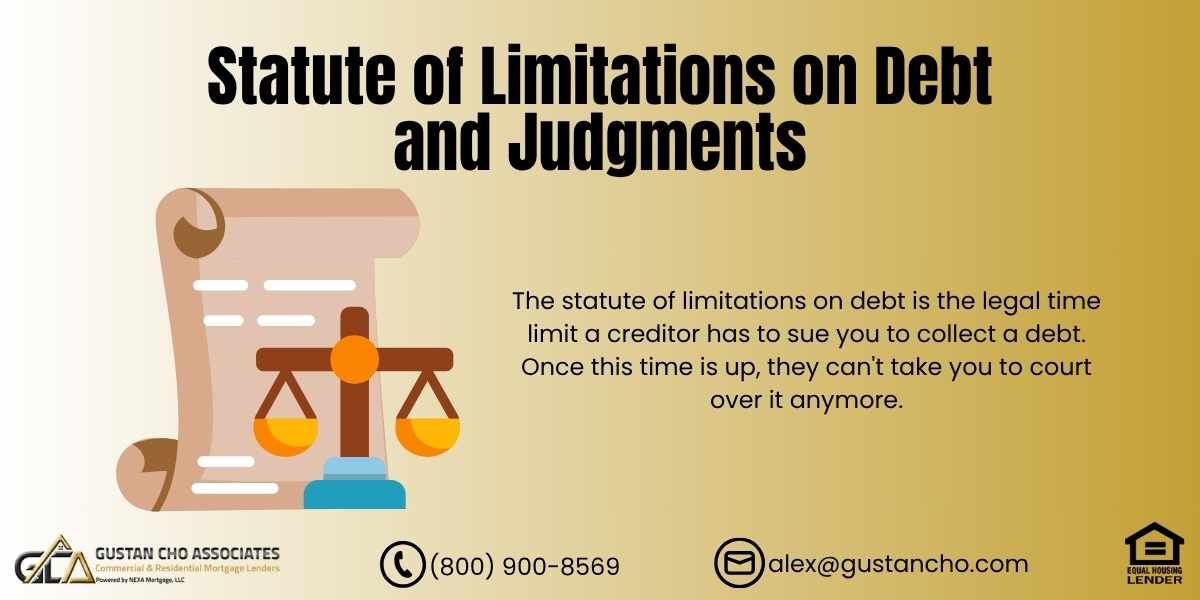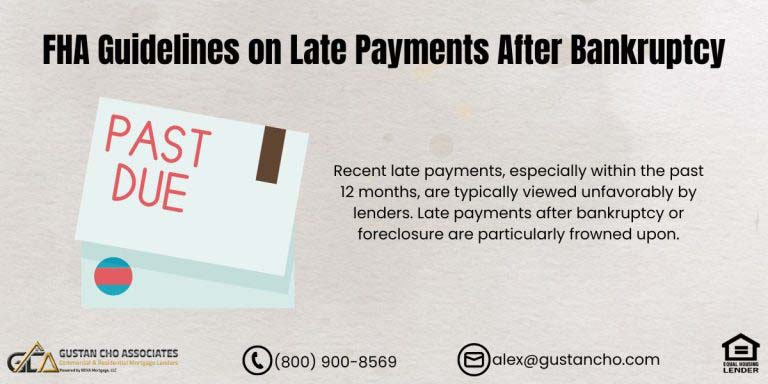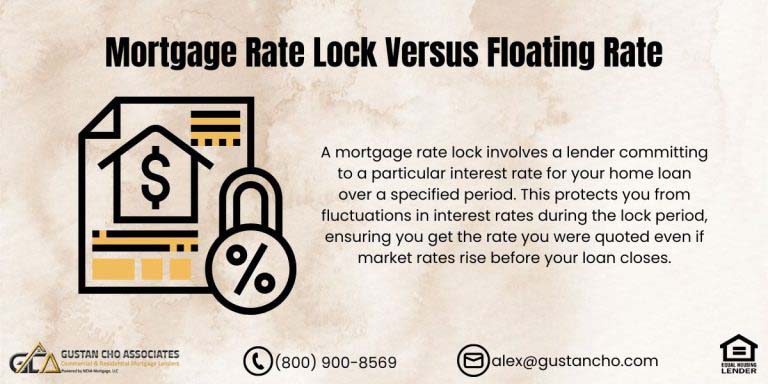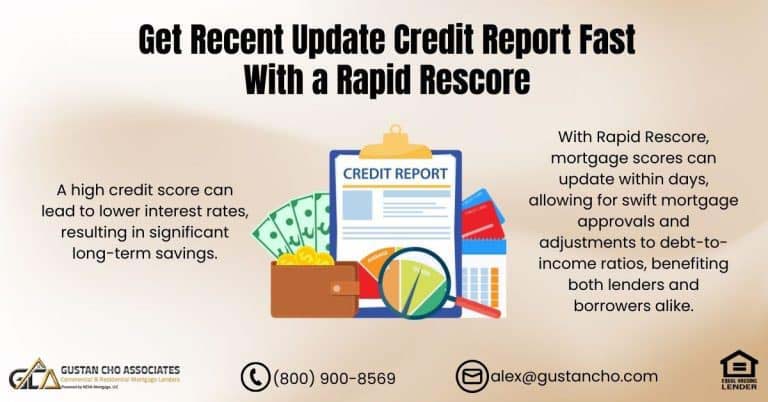Quick Answer: Statute of Limitations on Debt and Judgments
The statute of limitations on debt is the time limit a creditor or collector has to sue you for an unpaid debt. After it expires, they’re generally time-barred from suing. However, the debt may still appear on your credit report, and collectors may still contact you. This matters for mortgage approval—especially with collections, judgments, and liens.
What You’ll Learn
- The difference between the statute of limitations and credit reporting timelines
- What usually starts or restarts the clock (payments, written acknowledgments, etc)
- When old collections and charge-offs may (or may not) matter for a mortgage
- How judgments and tax liens impact approval and what lenders typically require
- Exactly what to do if a collector contacts you about an older debt
Jump to Your Situation (3-Path Decision Guide)
1) Old collections & mortgage approval
If you have older collections or charge-offs, many borrowers can still qualify, depending on the loan type and lender overlays. Focus on the type of debt, amount, and whether paying it could restart the clock.
2) Judgments/tax liens & mortgage rules
Judgments and tax liens are treated differently from standard collections. Most lenders want a payment plan and proof of on-time payments before closing (and documentation matters).
3) If a collector contacts you about old debt
Don’t guess or panic. Your first move is to avoid reviving the debt while you confirm details such as the date of last activity and your state’s rules. Then decide whether to dispute, negotiate, or get legal guidance.
What Is the Statute of Limitations on Debt?
The statute of limitations on debt refers to the period during which a lender can initiate a lawsuit to recover the money you owe. If they miss that deadline, they can’t get a court order to make you pay. This time frame usually ranges from 3 to 10 years and can vary depending on a few things.
How long the statute lasts depends on what type of debt it is, like credit card bills, medical expenses, written contracts, or if there’s already a judgment against you. Different states have different laws, so what applies in one place might not be the same in another.
For example, if your credit card company has a 6-year limit in your state and your last payment was in 2018, they can’t sue you after 2024.
Worried About Debt or Judgments? Know the Statute of Limitations
Understand how the statute of limitations affects your debt and what you can do to resolve it.
How to Figure Out Your Statute of Limitations on Debt
The statute of limitations (SOL) isn’t one single number for everyone—it depends on your state and the type of debt. Use this quick framework to figure out whether a debt may be “time-barred” from lawsuit risk, and what to do next.
Step 1: Identify the Debt Type
Start by naming the account. Common categories:
- Credit card / open account
- Medical bill
- Personal loan/installment loan
- Auto deficiency balance
- Written contract / promissory note
- Judgment (different timeline than the original debt)
- Tax debt or child support (often handled under separate rules)
Why this matters: Many states have different SOL periods by category, so “how old is it?” isn’t enough.
Step 2: Find the “Date of Last Activity” (DLA)
The SOL typically runs from a key “trigger date,” often tied to:
- Your last payment date
- The date you first missed and never brought current (default date)
- The date of a written acknowledgment (in some states)
Where to find clues:
- Your credit report “Date of First Delinquency” (DOFD) or payment history
- Old statements, bank records, or collector letters
- Court records (if a judgment exists)
Step 3: Check Your State’s Rules for That Debt Type
Look up your state’s statute of limitations for the exact category (credit cards vs written contracts vs judgments). This is the part that varies widely, and it’s the reason generic charts can be misleading.
Best practice: If the amount is large, you’re being threatened with a lawsuit, or you’re not sure what category applies, talk to a consumer attorney—one small detail can change the timeline.
Step 4: Don’t Restart the Clock Accidentally
Before you talk money, protect yourself. In many states, the SOL can be restarted by:
- Making a partial payment (even a small one)
- Agreeing in writing that you owe it
- Signing a new payment arrangement that acknowledges the debt
Safe move: Ask for written validation first, and confirm the dates before paying anything.
Step 5: Decide the Right Path (based on your goal)
Once you know the debt type + DLA + your state’s rule, pick the strategy that fits your situation:
- Dispute: if it’s not yours, the balance is wrong, or the dates look off
- Settle: if you want it resolved quickly and the SOL is still open
- Payment plan: helpful for judgments or tax liens, and sometimes required for mortgage approval
- Legal advice: if you’re being sued, threatened, or unsure whether it’s time-barred
- Mortgage strategy: if homebuying is the priority, focus on what your loan type actually requires (collections vs judgments vs liens)
Does the Statute of Limitations on Debt Erase the Debt?
Many borrowers think that once the statute of limitations on debt expires, the debt goes away. Unfortunately, that’s not true.
Even after the statute of limitations expires, the debt remains, and collectors can continue contacting you through calls or letters.
However, they cannot legally initiate a lawsuit or garnish your wages once this time frame has passed. It’s important to note that making any payment, even as little as one dollar, can reset the statute of limitations, potentially reviving the collector’s ability to take legal action.
Tip: If you’re unsure whether your debt is past the statute of limitations, don’t make any payments until you know for sure.
What Happens to Your Credit Report When Debt Expires?
The statute of limitations on debt differs from the timeline for credit reporting. Negative entries such as late payments, collections, and charge-offs can remain on your credit report for up to 7 years from the date of last activity (DLA). Additionally, judgments are also reported for 7 years, while bankruptcies may stay on record for 7 to 10 years. Tax liens can have an even longer impact, remaining on credit reports for as long as 15 years.
Example: If your statute of limitations on a debt is 6 years, but the credit bureau allows reporting for 7 years, the debt could still show up on your report for another year after the legal collection period ends.
This is why some borrowers get confused—their credit reports may show old debts even if the statute of limitations has expired.
Does Filing Bankruptcy or Waiting Out the Statute of Limitations Make More Sense?
If you’re dealing with overwhelming debt, you might find yourself contemplating whether to file for bankruptcy or to wait out the statute of limitations on your debts. In cases where the debts are relatively small and nearing expiration, waiting may be a viable option.
However, if you’re facing multiple debts, have judgments against you, or are at risk of wage garnishment, filing for bankruptcy could be the more strategic choice.
At Gustan Cho Associates, we see both cases. Some borrowers can wait, while others need a clean slate. Our mortgage team can help you decide what’s best for your long-term homeownership goals.
Do You Know the Statute of Limitations on Your Debt or Judgment?
Learn the time limits on debt collections and how it impacts your financial future.
How Collection Agencies Try to Collect Before the Statute of Limitations Expires
Debt collectors know the clock is ticking. Before the statute of limitations on debt runs out, they may:
- Call you repeatedly
- Send letters demanding payment
- Offer to settle for less
- File a lawsuit in court to get a judgment
If they get a judgment before the statute runs out, that judgment can last 10 years or more—and in many states, it can be renewed.
Judgments, Tax Liens, and Debts That Don’t Expire
Not all debts fall under the statute of limitations. Some debts never go away until they are paid:
Federal Student Loans
Federal student loans are different from other types of debt because they never disappear on their own. You must pay them back completely and are responsible for them until they are paid off or discharged under certain circumstances. If you miss payments, you can face serious consequences, such as having part of your wages taken or your credit score dropping.
Child Support
Child support payments usually don’t have a set time limit, so they keep going unless a court decides to end them. Parents have to financially support their kids. Not making those payments can lead to serious consequences, like having your income taken directly or even facing jail time for not complying.
Certain Taxes (state and federal income tax)
Tax debts, such as state and federal income taxes, do not fall under any statute of limitations for collection. If you owe taxes, the government can pursue collection at any time, including garnishing wages and placing liens on property. It’s crucial to address any tax liabilities promptly to avoid long-term financial consequences.
Judgments have varying durations depending on the state, with most allowing them to remain in effect for up to 10 years. After this period, creditors have the option to renew judgments that have expired. It’s important to note that even if a judgment is no longer visible on your credit report after seven years, the creditor may still pursue collection efforts if they choose to renew it.
Mortgage Impact: Can You Get Approved With Expired Debts or Judgments?
Many borrowers ask, “Can I get a mortgage if I have debts past the statute of limitations?”
The answer is yes—especially with Gustan Cho Associates.
Collections & Charge-offs
Many lenders allow borrowers to qualify for FHA, VA, or conventional loans without paying off collections or charge-offs. These debts typically won’t affect your mortgage application, though some lenders may impose additional requirements, known as lender overlays. It’s essential to check with your lender about their specific policies regarding these types of debts.
Judgments & Tax Liens
If you have a written payment agreement for any judgments or tax liens, you can often still qualify for a mortgage, provided you’ve made at least three on-time payments. This shows lenders that you are committed to resolving these issues, which can work in your favor during the approval process. Be sure to maintain clear documentation of your payment history for a smoother application experience.
Expired Debts
When the statute of limitations on a debt has expired, you are no longer legally obligated to make payments on it. Lenders like Gustan Cho Associates recognize this and won’t require you to settle these obligations to qualify for a mortgage. This helps out borrowers who might be worried that their financial history will hold them back from getting a loan.
Unlike most banks, we have no lender overlays. That means we follow the actual agency guidelines, not stricter rules. Over 80% of our borrowers come to us after being denied elsewhere. Call Gustan Cho Associates at 800-900-8569, or email us at gcho@gustancho.com.
How Long Can Creditors Pursue Debt and Judgments?
Understand the time limits and how to protect yourself from collections and judgments.
Protecting Yourself: What to Do If You’re Contacted About Old Debt
If a collector calls you about old debt, follow these steps:
- Don’t admit to owing the debt right away.
- Ask for validation in writing.
- Look up how long you have to deal with debt in your state before the law kicks in.
- Do not make a payment if you suspect the debt has expired.
- Consult with a lawyer if you’re unsure.
Key Takeaways for Borrowers
- The statute of limitations on debt is the legal time limit for creditors to sue.
- It ranges from 3 to 10 years, depending on your state and the type of debt.
- Expired debt still shows on your credit report for up to 7 years.
- Some debts (taxes, child support, student loans) don’t expire.
- You can still qualify for a mortgage—even with old debts, judgments, or collections—with Gustan Cho Associates, because we have no lender overlays.
Work With Experts Who Understand Debt and Mortgages
At Gustan Cho Associates, we know that life happens. Many of our borrowers have faced collections, judgments, and bankruptcies, but we help them become homeowners again.
Borrowers who need a five-star national mortgage company licensed in 50 states with no overlays and who are experts on statute of limitation on debts, please contact us at 800-900-8569, text us for a faster response, or email us at alex@gustancho.com. The team at Gustan Cho Associates is available 7 days a week, on evenings, weekends, and holidays.
Frequently Asked Questions About Statute of Limitations on Debt:
What is the Statute of Limitations on Debt?
The statute of limitations on debt is the legal time limit a creditor or debt collector typically has to sue you in court to collect an unpaid debt. After that time runs out, the debt may be “time-barred” from enforcement in a lawsuit (rules vary by state and debt type).
How Long is the Statute of Limitations on Debt?
It depends on your state and the type of debt (credit card/open account vs written contract vs promissory note, etc.). Many states fall within the 3–6-year range, but some can be longer.
Can a Debt Collector Sue You After the Statute of Limitations Expires?
If the statute of limitations on debt has run, collectors generally can’t legally win a lawsuit based on that debt—but they may still file a suit. It becomes your job to raise the statute as a defense (do not ignore court papers).
Can Debt Collectors Still Collect After the Statute of Limitations on Debt Expires?
Yes. Even when they can’t sue, they may still contact you and ask you to pay voluntarily, depending on state and federal rules.
Does the Statute of Limitations on Debt Erase the Debt?
No. The debt usually still exists—what changes is the collector’s ability to use the court system to force payment once it’s time-barred (state-specific).
What is Time-Barred Debt?
Time-barred debt is debt that’s beyond the legal window for lawsuits under your state’s statute of limitations—collectors generally can’t sue you for it, though it may still appear on your credit report for a period of time.
Does Making a Payment Restart the Statute of Limitations on Debt?
In many states, yes—making even a small payment or acknowledging the debt in certain ways can restart the clock. That’s why it’s smart to confirm the dates and rules before paying.
How do I Find the “Date of Last Activity” on a Debt?
Start with your credit reports and account history (payment history, delinquency dates), then compare them with any collector notices and your bank records. If something doesn’t match, request written validation from the collector.
Will Time-Barred Debt Still Hurt My Credit Score?
It can. Even if a debt is time-barred for lawsuits, negative information may remain on your credit report for years based on credit reporting rules (separate from the statute of limitations).
Should I Pay a Debt That’s Past the Statute of Limitations?
It depends on your goal. Some people pay to resolve it or for peace of mind; others avoid paying because it could restart the statute in certain states. If you’re being pressured or threatened with legal action, consider legal guidance before you act.
This blog about “Statute of Limitations on Debt and Judgments” was updated on February 3rd, 2026.
Statute of Limitations on Debt and Judgments: What You Need to Know
Discover your rights and what creditors can or cannot do once the statute of limitations has passed.











Hi:I live in Florida. AmEx had a judgement against me in 2018. They didn’t pursue the judgment then wrote-off the debt just last month. Now a new debt collector says they bought the debt. Can the new debt collector move on the AmEx judgment, or do they have to go to take me to court? And if so how does the SOL play out? My last payment was in 2014.Thanks,Joe T
Statute of limitations are normally 10 to 20 years depending on the state. I think in Florida, it may be 20 years. The judgment creditor has the option to renew the judgment after it runs its statute of limitations for another 20 years. If you were issued a judgment, that judgment can be sold and the owner of the judgment can just let it sit and/or try to enforce the judgment. You cannot qualify for any mortgage with an outstanding judgment. You either need to pay the outstanding judgment and/or enter into a written payment agreement. Feel free to contact us at 272-716-8151 or text us for a faster response. Or email us at gcho@gustancho.com.